The Personal is Political: Gender Identity in the Personal Status Laws of the Gulf Arab States
This paper examines personal status law in the six Gulf Arab states, and the limitations PSLs impose on women’s autonomy and the role of women within the family.
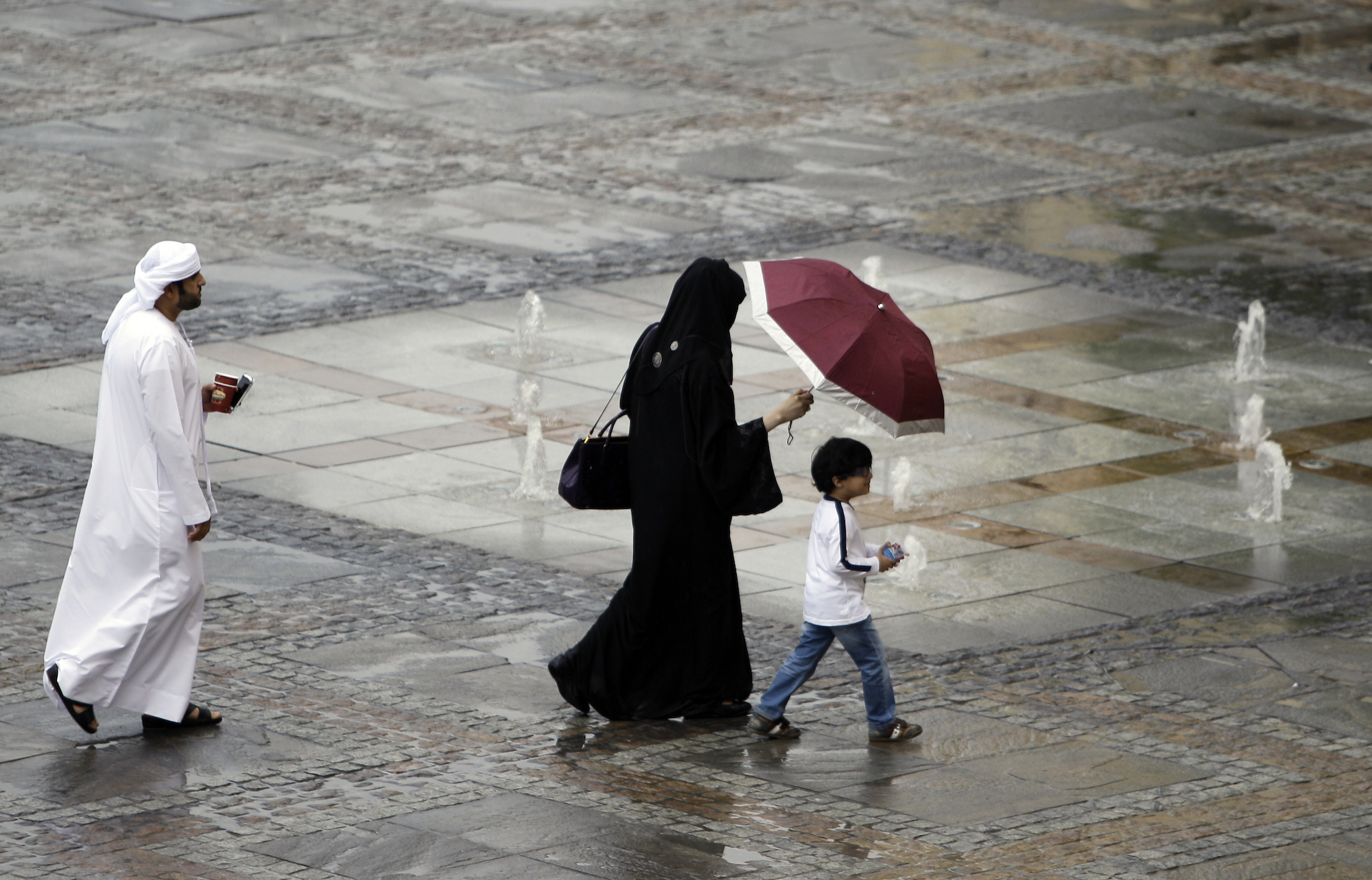
Executive Summary
This paper examines personal status law in the six Gulf Arab states, and the limitations PSLs impose on women’s autonomy and the role of women within the family. PSLs have restrictions on women’s autonomy in three areas in particular: marriage, divorce, and child custody. The gendered nature of PSL is an extension of the political values inscribed in constitutional laws and the customary patriarchal norms. The paper examines constitutional articles in each state that deal with PSL and draws on the roles assigned for men and women in the family and the state’s part in promoting those roles. PSLs are claimed to be based on Islamic references, however secular codes are included when there is a political need, such as enforcing a nationality law or public health concern, but not necessarily to protect women’s rights in the family. Selection of particular Islamic schools of thought was based on what was customarily practiced in each state rather than on finding a more responsive code for the best interests of women. The states’ entries into international commitments and treaties have influenced the codes detailing the minimum age of marriage but not to the extent of protecting a child’s best interest.
The views represented herein are the author's or speaker's own and do not necessarily reflect the views of AGSI, its staff, or its board of directors.
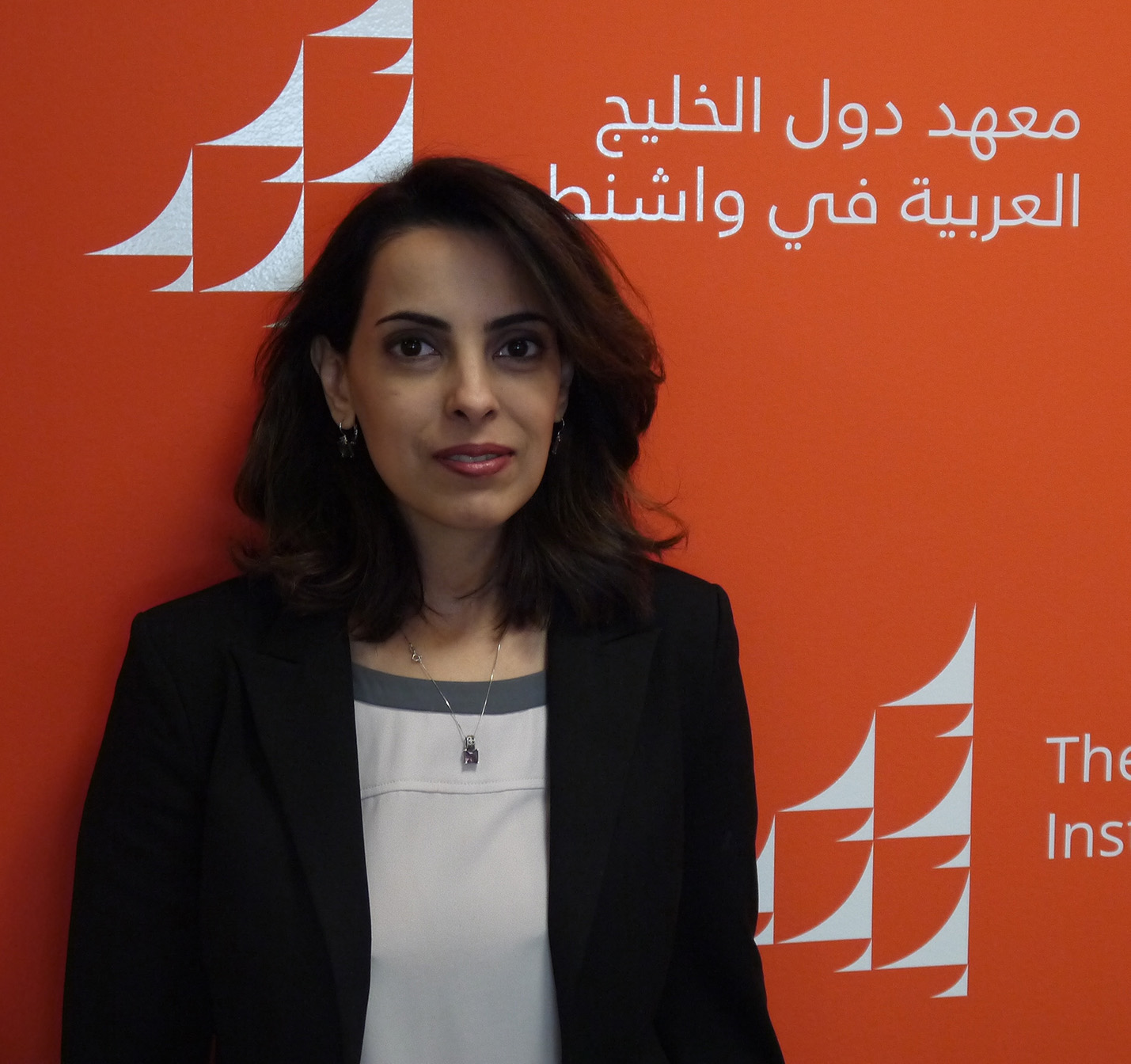



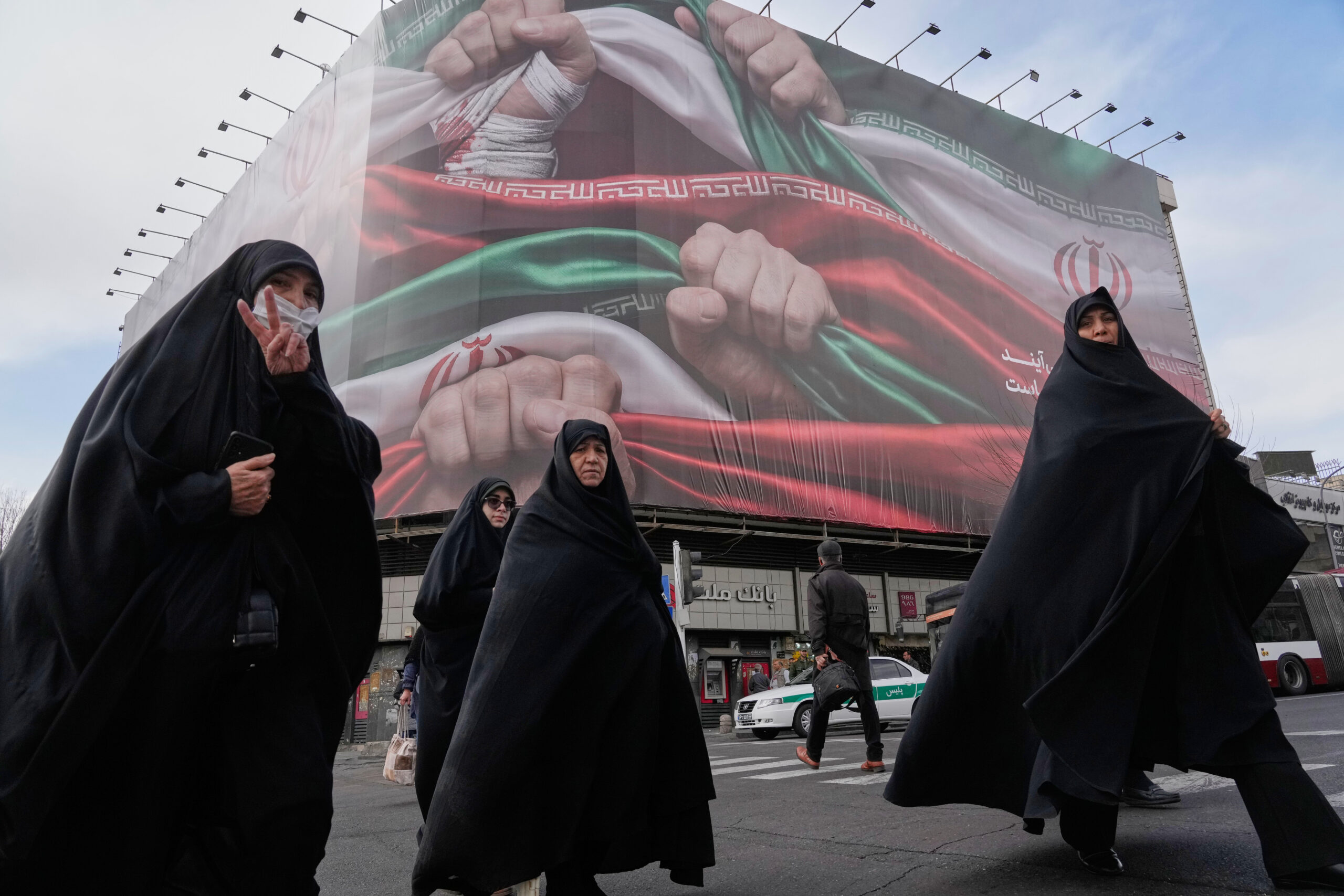


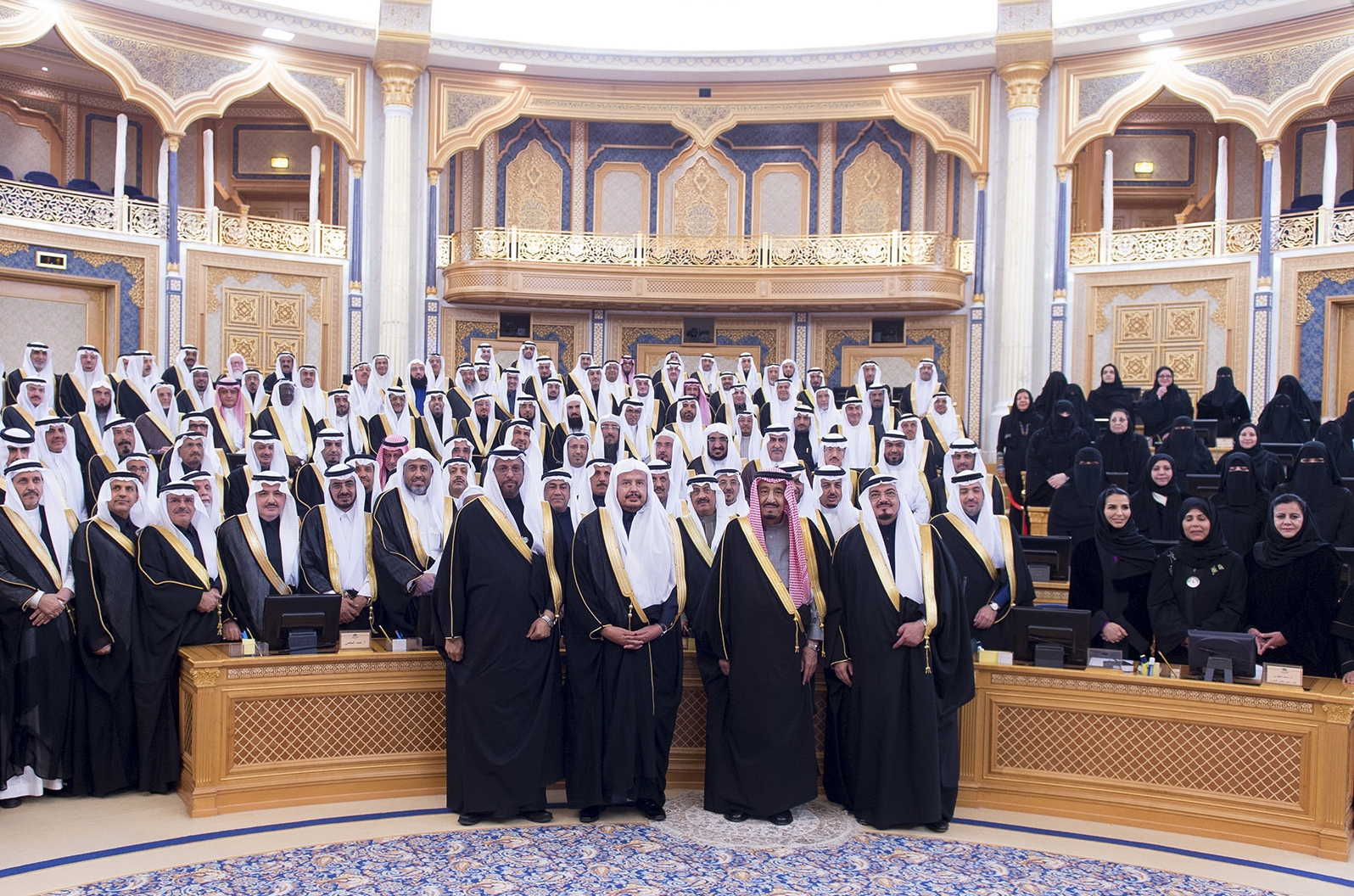
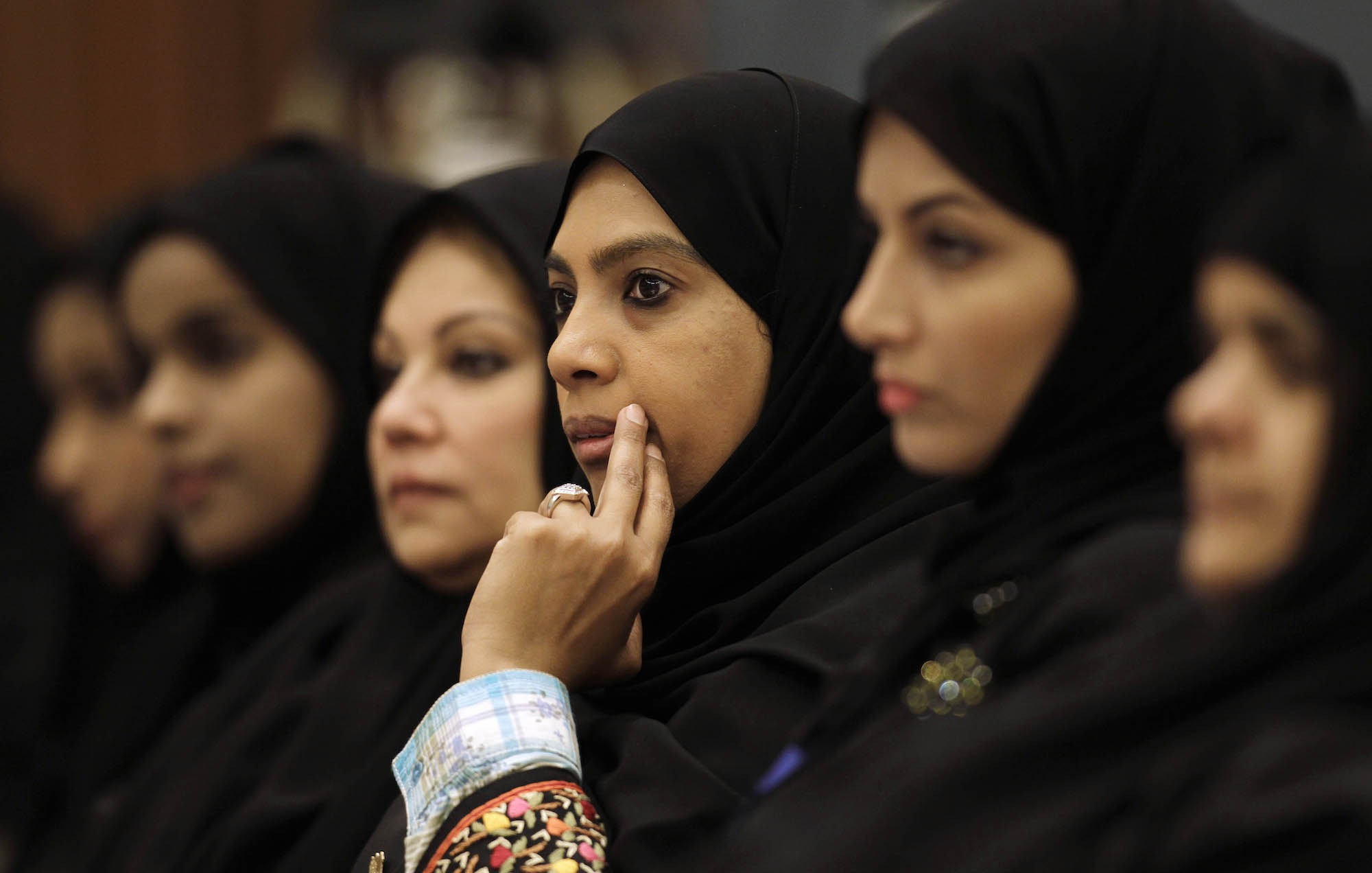
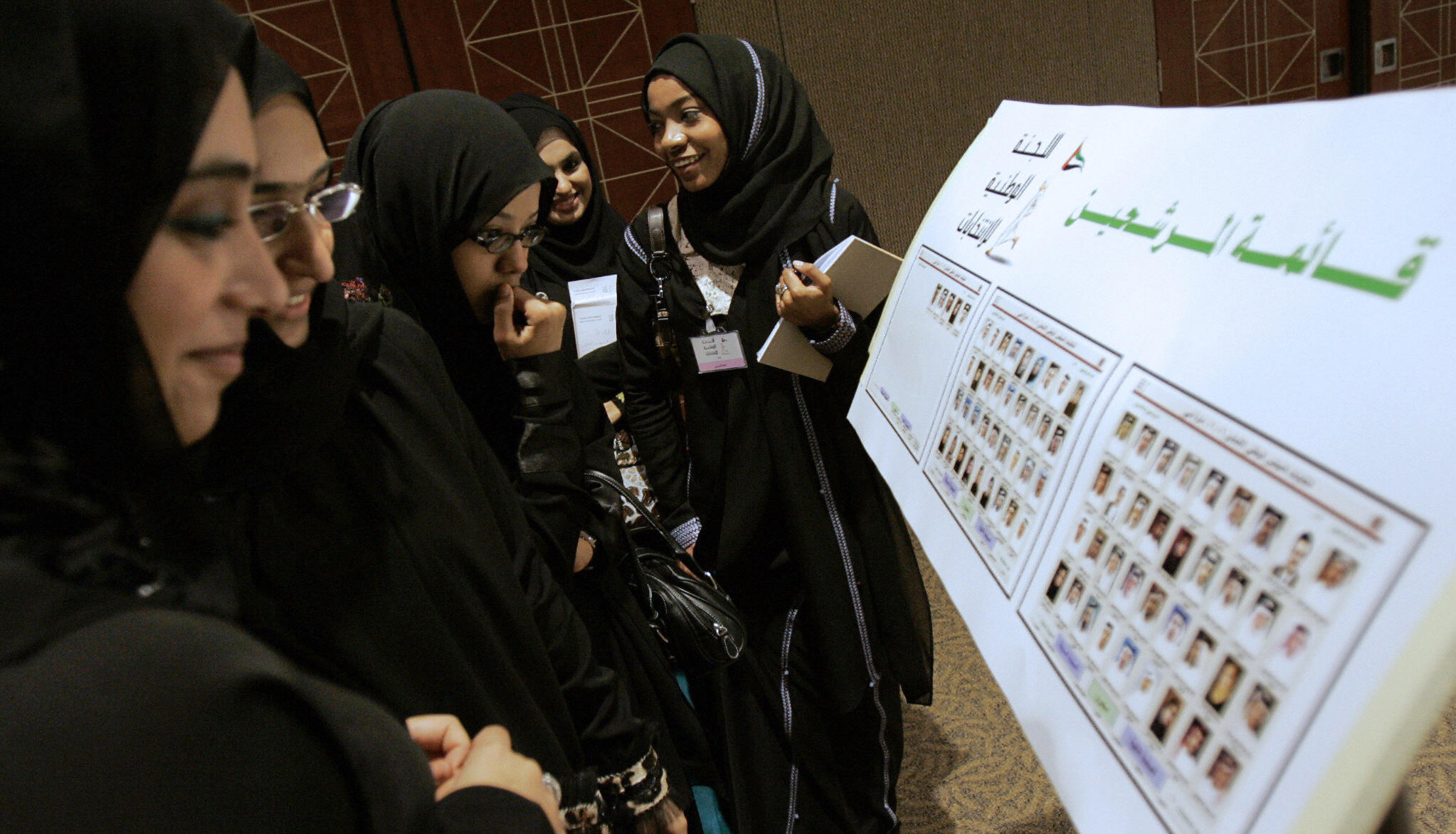
May 15, 2017
Saudi Arabia’s Post-Oil Future
The euphoria that accompanied the launch of “Saudi Vision 2030” has begun to dim in the face of fundamental challenges. Deputy Crown Prince Mohammed Bin Salman Bin Abdelaziz Al-Saud’s ambitious plan to steer the country’s economy away from oil dependency and through an era of austerity seemed to offer a much-needed roadmap for overdue reforms....
5 min read